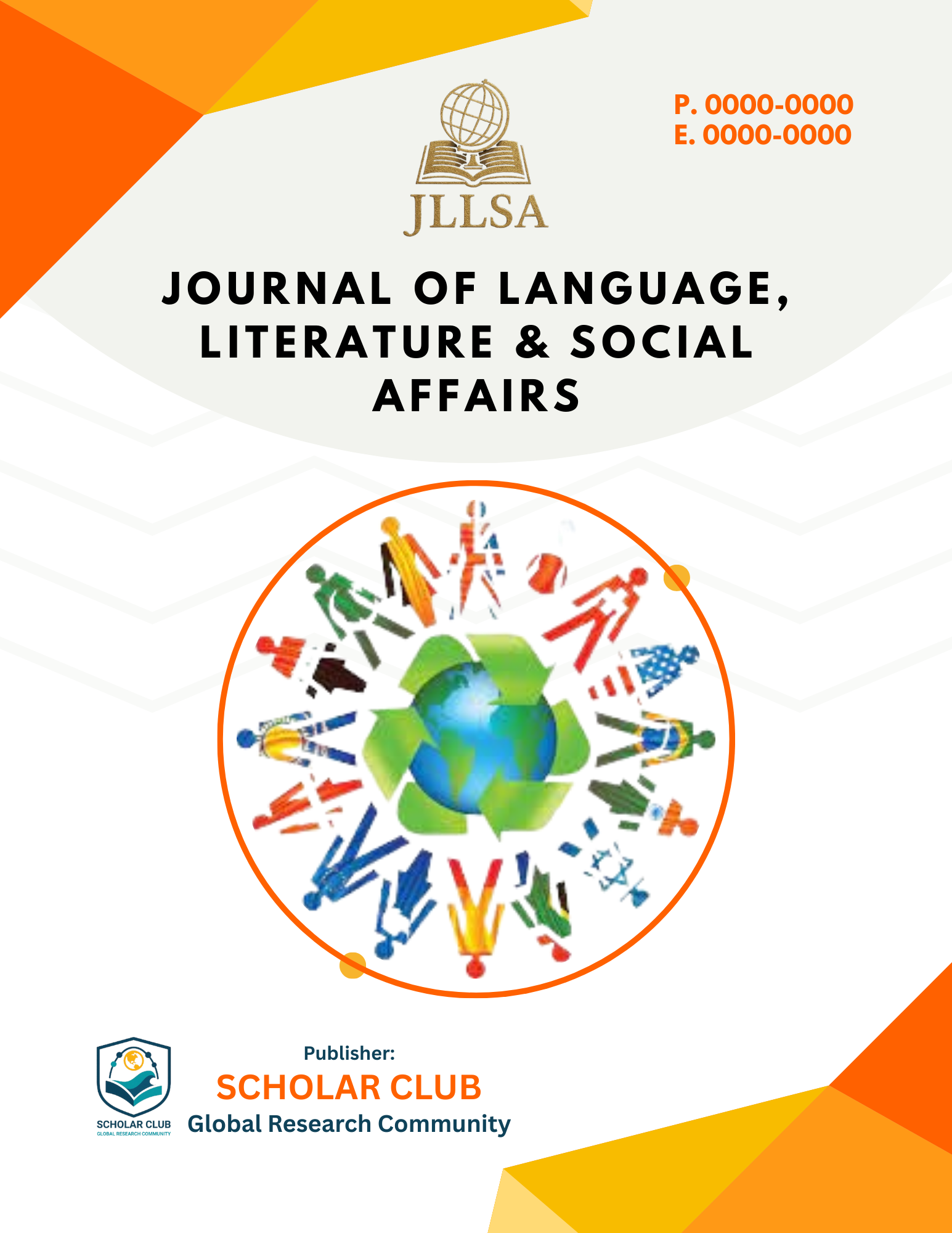Social Media and Youth Identity Formation
Keywords:
social media, youth identity, behavior, communicationAbstract
Social media has taken on a prominent role in youth identity development in today's digital age. Instagram, TikTok, Facebook, and Snapchat are only a few social communication platforms that have changed the way in which youth use social media; they easily transition from a way to communicate to a platform to express, explore, and negotiate their identities. The exploratory study uses a mixed-method approach, using both surveys and in-depth interviews, to investigate the ways in which digital interactions will influence self-concept development, peer relationships, and the formation of a stable sense of self. Youth have the capacity to build their digital archetypes during these ages. More now than in the past, youth are able to gain a sense of validation through likes, shares, and follower numbers. This process allows them to become confident in their active online and offline identities. Social media allows individuals to express themselves, experiment, and create; but social media can also provide a pressure to be ideal and reflect idealized standards of the self, peer groups, and influences, and to conform to these standards. This dynamic form of social media can provide a solution to possible identity conflict, self-doubt, and emotional distress. Images that inform success and beauty are constantly curated, and youth are brought to compare themselves with these images. This phenomenon creates philosophical comparison culture, which negatively informs well-being. The results of this study highlight the duality of social media, both as an empowering and problematic resource. Social media has provided youth with opportunities to navigate multiple parts of themselves, engage with others in similar communities, and challenge societal norms. However, it also has the potential to reward performative behavior and superficial engagement, which may stifle the true development of their identities. The interesting concept of a "curated self," demonstrated how young people purposely expose different parts of themselves to fit in and be accepted to gain social status in hopes of establishing relevancy and belonging.







